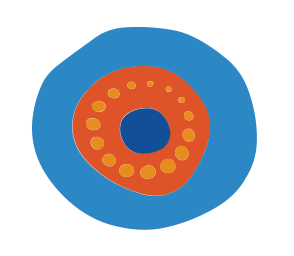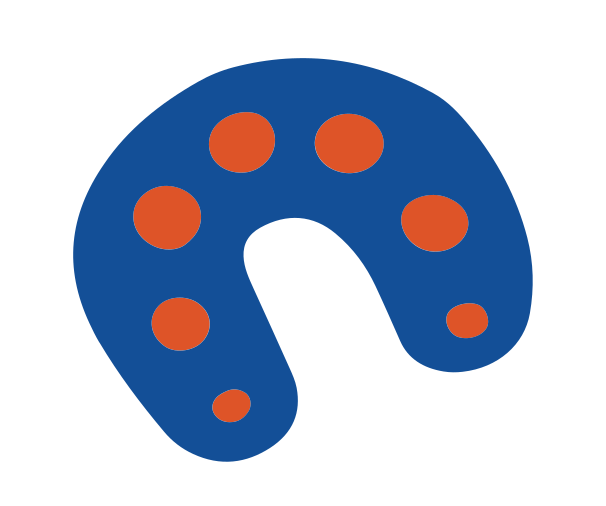Help Us Keep Our Little Stars Shining
Why Do We Need Support?
In some parts of New South Wales, Aboriginal and Torres Strait Islander children and young people account for nearly 80% of the children in out-of-home care. Yet many do not receive care from a culturally appropriate organisation.
Every little bit of help goes a long way in supporting our Aboriginal and Torres Strait Islander children and young people. Whether it’s $2 or $500, our organisation always appreciates the generosity and involvement of people such as you.
We All Need to Belong and Know Who We Are
For many Aboriginal Australians, culture, languages and connections to community were torn away from them. Today, there are well over 7000 Aboriginal children and young people across Australia in foster care, which is constantly increasing at an alarming rate.
You Can Help
To build pride in our culture for all Australians, we need to improve cultural empowerment for Aboriginal kids and the next generations.
Your donation to our appeal will be used toward the continued goal of fulfilling Narang Bir-rong’s mission.
Will I get a receipt for my donation?
Yes, you will receive an email receipt immediately after donating to our organisation.
Is my donation tax deductible?
Yes, donations of $2 and over are tax deductible in Australia.
How will my donation be used?
Your donation to our organisation will be used toward the continued goal of fulfilling Narang Bir-rong’s mission.
You will play a huge part in empowering Aboriginal and Torres Strait Islander children, young people, families and the wider community through education.
Whether its $5 or $500, it will help us reach even more of our community, and build a future where every one of our kids are connected to family and culture.
What payment methods are available for donation?
We accept Visa, Mastercard and American Express.
If you would prefer an invoice, contact us for support
I want to partner with Narang Bir-rong. Where do I start?
We are always looking for ongoing corporate partnerships with our organisation.
If our work resonates with you, reach out and start the conversation




